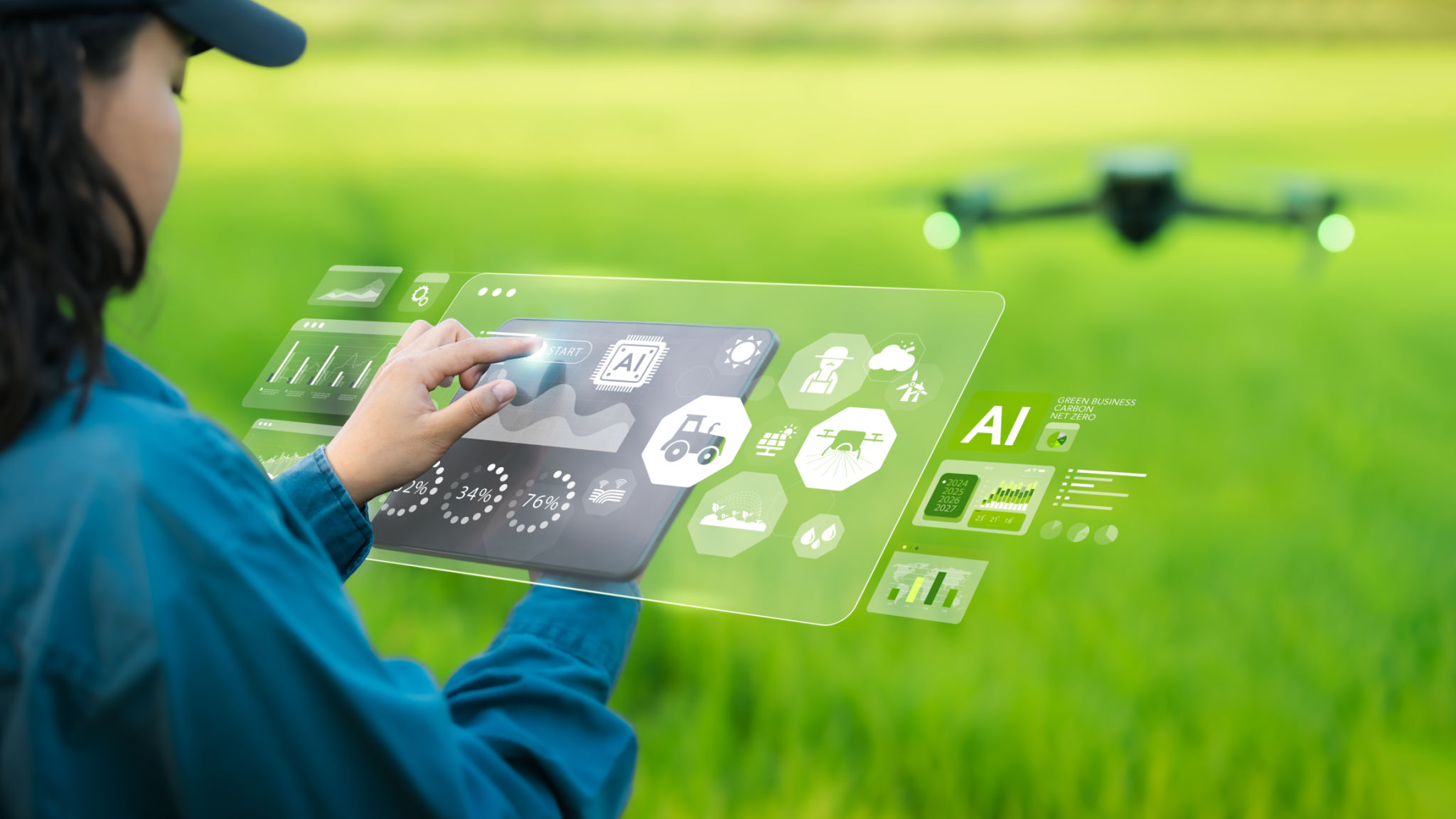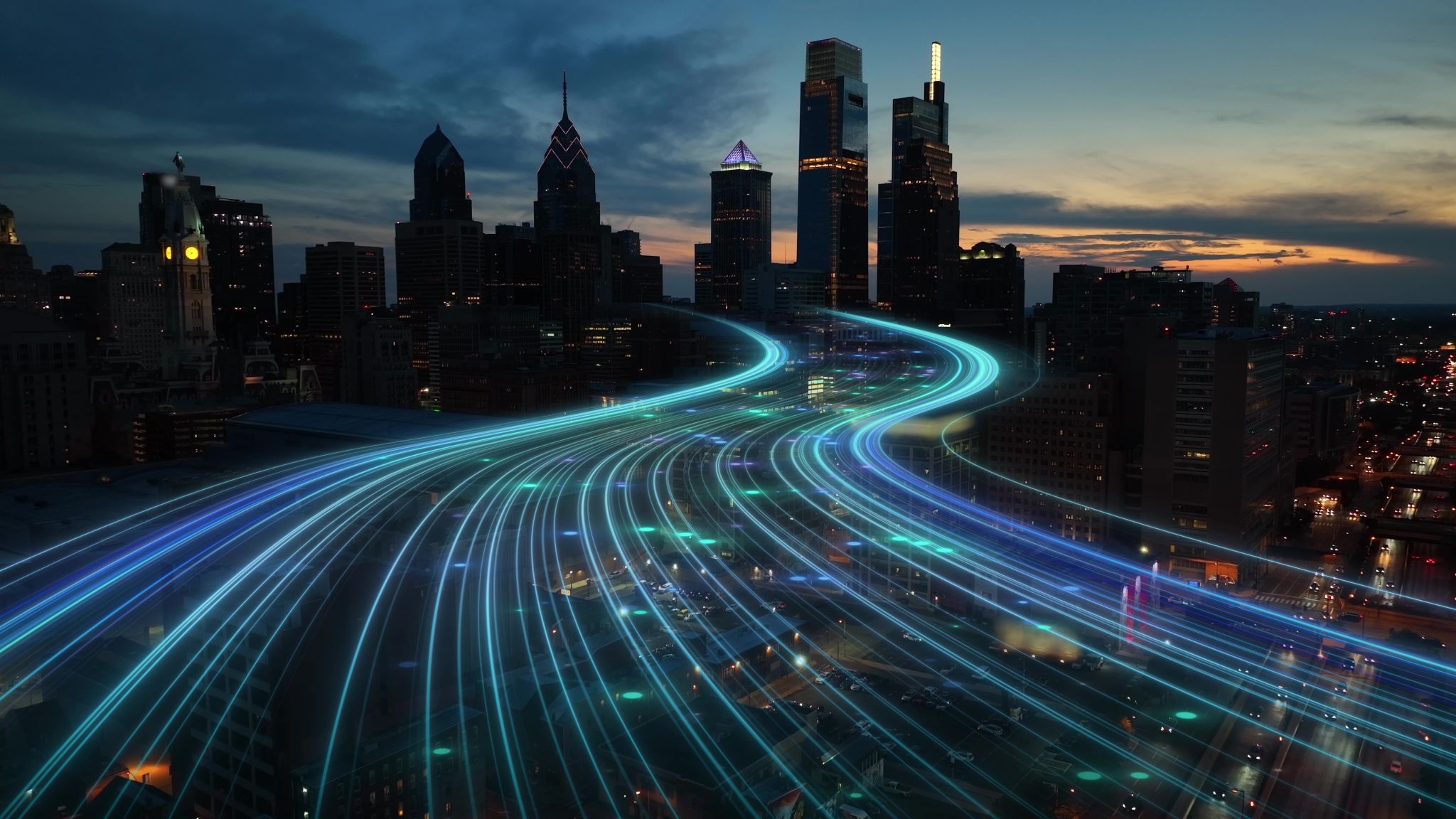AI and Sustainability: How Technology is Shaping a Greener Future
DW
The Role of AI in Promoting Sustainability
In recent years, the intersection of artificial intelligence (AI) and sustainability has gained significant attention. AI, with its ability to analyze vast amounts of data and optimize complex processes, has the potential to play a pivotal role in creating a more sustainable future. By leveraging AI technologies, industries can significantly reduce their environmental footprint while enhancing efficiency and productivity.
One notable application of AI is in the field of energy management. AI algorithms can analyze energy consumption patterns and suggest ways to reduce waste, ultimately leading to lower carbon emissions. Smart grids powered by AI can optimize the distribution of electricity, ensuring that energy is used more efficiently and sustainably.

Enhancing Waste Management with AI
Waste management is another area where AI is making a substantial impact. Traditional waste sorting and recycling processes can be labor-intensive and error-prone. AI-driven systems can automate these tasks by using image recognition to identify and sort different types of waste materials. This not only increases the accuracy of recycling efforts but also reduces the burden on human workers.
Moreover, AI can analyze data from waste collection systems to optimize routes and schedules. This results in reduced fuel consumption and emissions, contributing to a greener environment. By making waste management smarter and more efficient, AI helps communities better manage their resources.

AI in Agriculture: Boosting Efficiency and Sustainability
Agriculture is another sector benefiting from AI's transformative capabilities. Precision agriculture, powered by AI, allows farmers to monitor crops and soil conditions in real time. By utilizing data from sensors and satellite imagery, AI can provide insights into optimal planting times, irrigation needs, and pest control measures.
This data-driven approach not only maximizes crop yields but also minimizes the use of water, fertilizers, and pesticides. As a result, farmers can produce more food with fewer resources, reducing the agricultural industry's environmental impact.

Fostering Sustainable Urban Development with AI
Urban areas face unique sustainability challenges, including congestion, pollution, and resource management. AI-powered solutions can address these issues by improving public transportation systems and traffic flow. Machine learning algorithms analyze traffic patterns to suggest alternative routes and reduce congestion, leading to cleaner air and more efficient transportation.
Additionally, AI can enhance urban planning by simulating various development scenarios and assessing their environmental impact. This enables city planners to make informed decisions that promote sustainable growth and resource conservation.

The Future of AI and Sustainability
As AI continues to evolve, its potential to drive sustainable practices across industries will only increase. By embracing AI technologies, businesses can not only meet regulatory requirements but also gain a competitive advantage in an increasingly eco-conscious market.
Looking ahead, collaboration between technology developers, policymakers, and environmental organizations will be crucial in harnessing the full potential of AI for sustainability. By working together, we can create innovative solutions that address urgent environmental challenges and pave the way for a greener future.